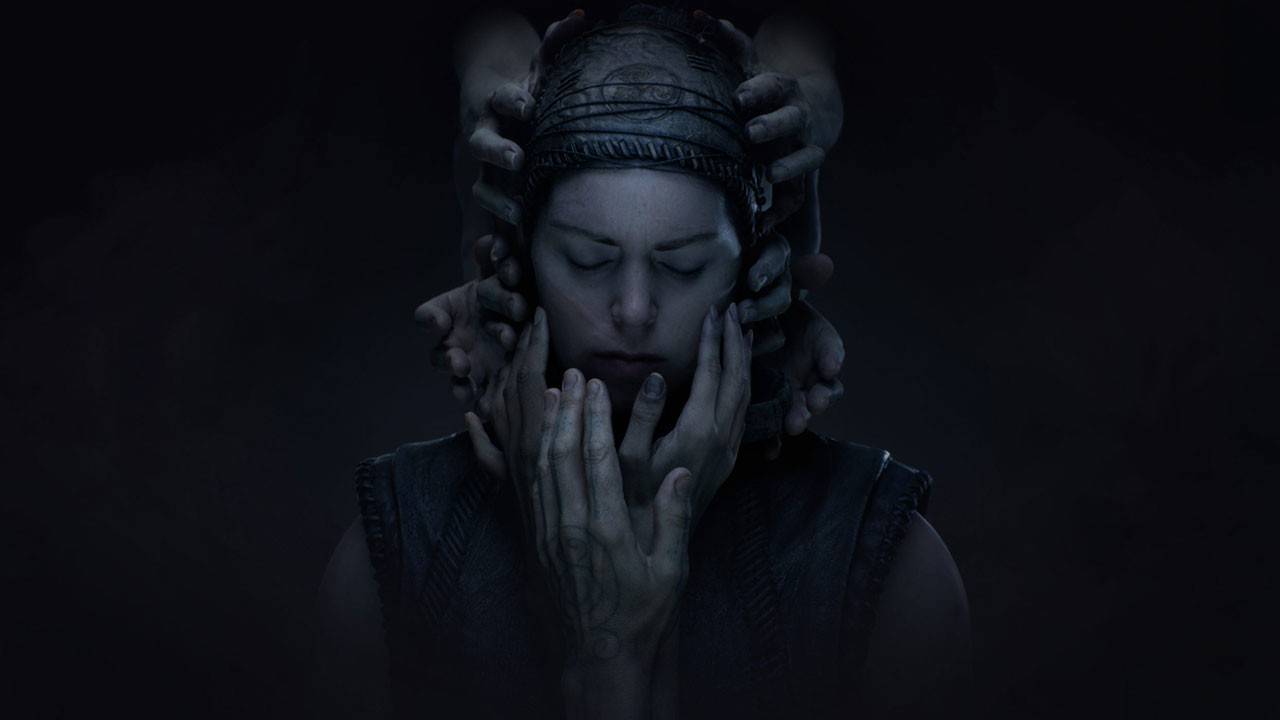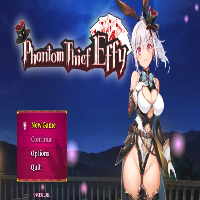An Elden Ring player, Nora Kisaragi, has filed a lawsuit against Bandai Namco and FromSoftware in Massachusetts small claims court. Kisaragi alleges that the developers misled consumers by concealing significant game content, claiming a "whole new game… hidden inside" their titles, obscured by intentionally high difficulty.
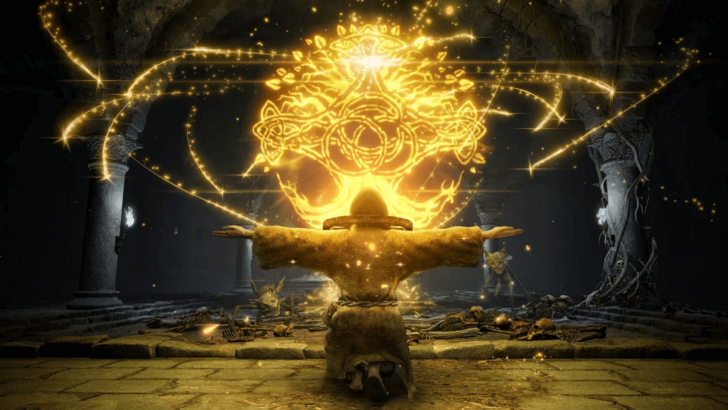
This claim, announced on 4Chan, centers on the argument that FromSoftware's notoriously challenging games, including the recent Elden Ring DLC, Shadow of the Erdtree, mask substantial undiscovered content. Kisaragi points to datamined content as evidence, rejecting the common interpretation that this material represents cut content, instead insisting it's intentionally hidden. The plaintiff lacks concrete evidence, relying on perceived "constant hints" from developers, such as references in Sekiro's art book and statements by FromSoftware President Hidetaka Miyazaki.
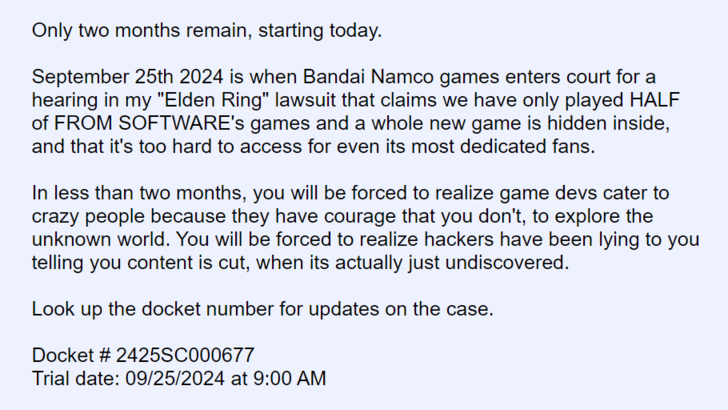
The core of Kisaragi's argument is that players paid for inaccessible content without even knowing of its existence. However, many dismiss the lawsuit as absurd, noting that dataminers would have likely uncovered such a "hidden game" years ago. The presence of cut content remnants in game code is common industry practice, not evidence of intentional concealment.
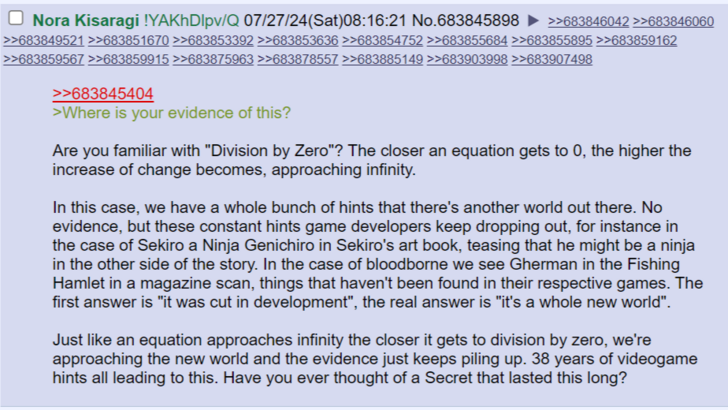
The lawsuit's viability is questionable. While Massachusetts small claims court allows individuals over 18 to sue without an attorney, the judge will determine its validity. Kisaragi could attempt to proceed under Consumer Protection Law, alleging unfair or deceptive practices. However, proving the existence of a "hidden dimension" and demonstrating consumer harm will be extremely difficult, likely resulting in dismissal due to lack of merit. Even if successful, damages in small claims court are limited.
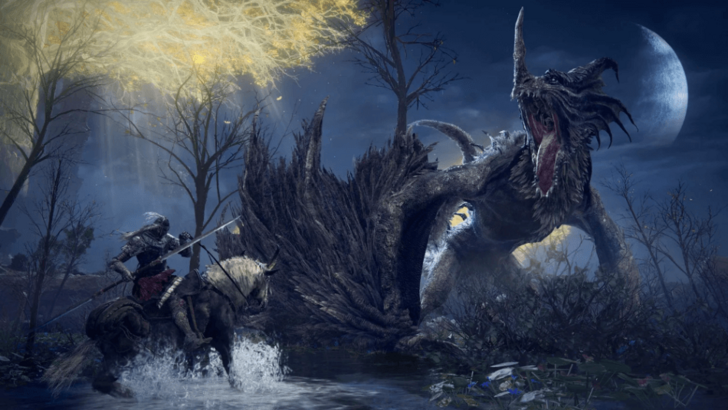
Despite the low probability of success, Kisaragi's primary goal appears to be forcing Bandai Namco to publicly acknowledge the alleged hidden content, regardless of the lawsuit's outcome.
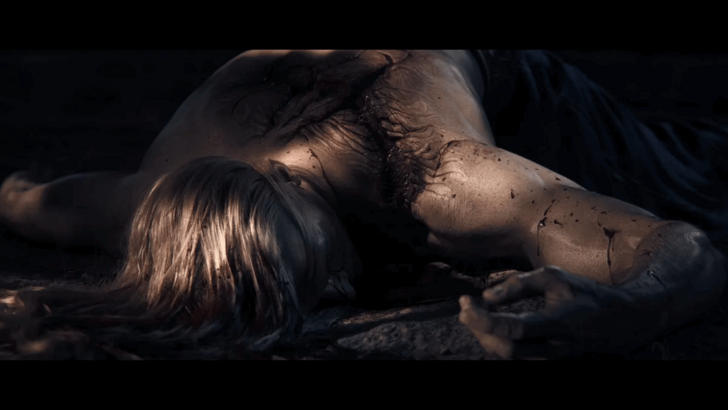






 LATEST ARTICLES
LATEST ARTICLES 

